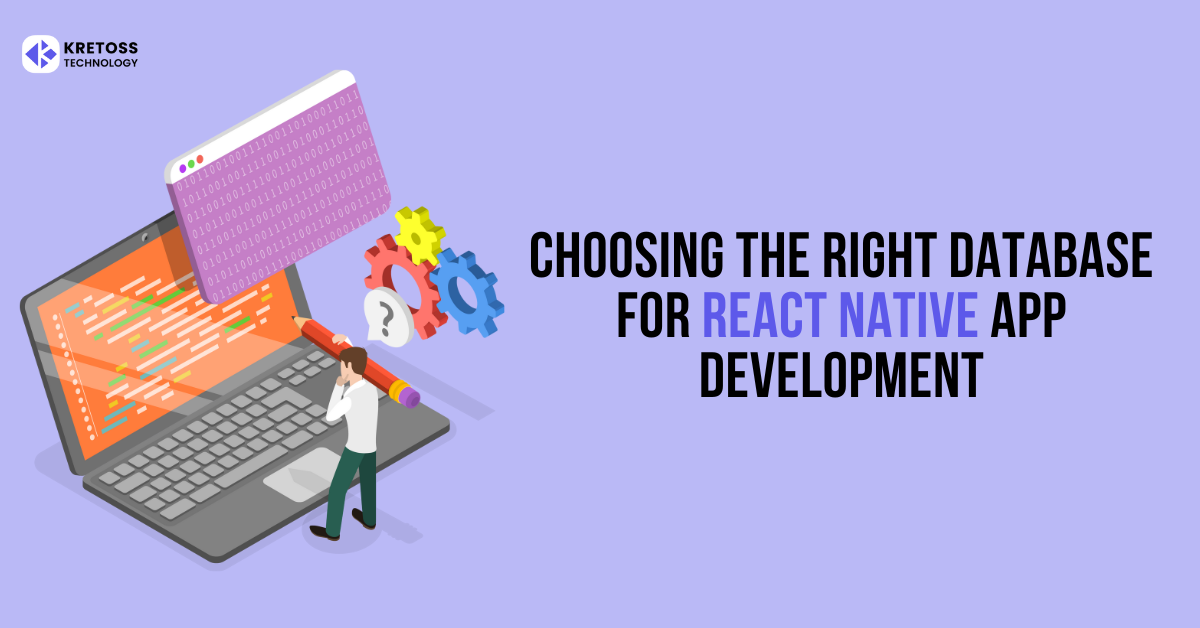
Building real-time apps has become quite crucial in the fast-paced digital landscape of today. Starting from live chats to collaborative tools, real-time functionality happens to be one of the key requirements for a wide range of modern apps. Now, when it comes to developing real-time apps, NodeJS is an extremely popular choice among developers. With its event-driven architecture and non-blocking I/O operations, NodeJS happens to be a fantastic choice for creating real-time apps. However, it is always recommended to seek the help of professional NodeJS development services so that highly functional apps can be built.
A Brief on Real-Time Apps
Real-time apps are those that operate within an instant frame of time. These apps sense, analyze, and act on the streaming data in real-time, unlike the conventional database-centric apps where data is stored in the cloud or database for future processing & analysis. Real-time apps heavily depend on an event-driven architecture to enable asynchronous processing of the streaming data. It is recommended to hire a NodeJS developer who is adequately trained and vastly experienced so that the best results can be obtained.
Understanding NodeJS for Real-Time Apps
NodeJS is built on the V8 JavaScript runtime, which provides an extremely powerful as well as scalable platform for developing server-side apps. One of the key strengths of NodeJS lies in its event-driven architecture, which allows for the handling of concurrent connections with utmost ease and convenience. This, in turn, makes NodeJS the perfect choice for developing real-time apps that need continuous data exchange between the server and clients. Now, let us delve a bit deeper into the steps to build real-time apps using NodeJS.
Setting up the Environment for Development
Prior to delving deep into the specifics of the development of real-time apps, it is of immense importance to set up a good environment to facilitate the process suitably. You need to start by installing NodeJS and Node Package Manager or NPM on the machine. Then you can use NPM to install the required packages and other necessary items for your project. It will be ideal to hire a NodeJS developer so that you can get the best solutions for your project.
Making Use of WebSockets for Real-Time Communication
WebSockets in NodeJS play a significant role in facilitating real-time communication between the client and the server. WebSockets help establish a consistent connection that enables a bidirectional flow of data, unlike traditional HTTP requests. This feature happens to be extremely vital for apps requiring instant updates, like live feeds or collaborative editing tools. In NodeJS, developers make use of the popular ‘ws’ library to implement WebSockets. This special library helps in the simplification of the overall process of setting up WebSocket connections and taking good care of real-time data transfer in a seamless manner. It is recommended to seek help from professional NodeJS development services so that the best use of the ‘ws’ library can be made.
Handling Scalability and Performance
Scalability happens to be a crucial factor to consider at the time of developing real-time apps. The non-blocking, event-driven architecture of NodeJS inherently supports horizontal scalability. However, it is extremely important to optimize the code as well as the infrastructure of the apps to appropriately deal with the growing number of concurrent connections in an efficient and effective manner. NodeJS development services make use of load-balancing techniques along with considering the use of a message queue system to manage heavy workloads and prevent bottlenecks. In addition to this, NodeJS developers implement caching mechanisms wherever possible to cut down the load on the server to bring about an improvement in the overall performance.
Ensuring Security in Real-Time Apps
Security is a matter of immense importance at the time of developing any app, especially those involving real-time data transfer. NodeJS developers implement secure WebSocket connections using SSL/TLS to encrypt data and prevent eavesdropping or tampering of data. Proper authentication and authorization mechanisms need to be employed to make sure that only authorized users are able to access the real-time features of the apps. It is necessary to update dependencies and libraries on a regular basis to alleviate potential security vulnerabilities. NodeJS developers usually implement through input validation as well as data sanitization to prevent common security threats like injection attacks and cross-site scripting or XSS.
Testing and Monitoring Real-Time Apps
Testing and monitoring real-time apps are the ultimate steps in the process of development. Conducting thorough testing is the key to ensuring the reliability as well as performance of real-time apps. NodeJS developers write comprehensive unit tests for the purpose of validating the functionality of individual components and conduct integration tests to verify the seamless interaction between different modules. Moreover, Implement robust logging and monitoring mechanisms to track the performance of apps in real-time. Tools such as Prometheus or Grafana are used to keep a close eye on the key performance metrics and correctly determine the potential issues before they escalate.
Closing Thoughts
After reading through the post, a clear idea about the process of building real-time apps using NodeJS can be obtained. It is understood that NodeJS provides a superiorly powerful and efficient framework for developing real-time apps that require seamless communication between the server and clients. However, to make the most out of NodeJS and its features, it is crucial to hire NodeJS developers who possess the required skill set and expertise in developing real-time apps. You can either hire NodeJS freelance developers or full-time developers according to the needs of your project.


















